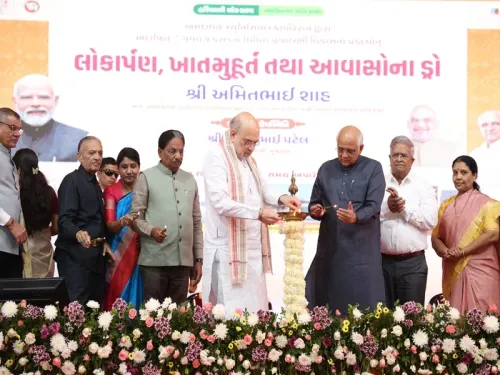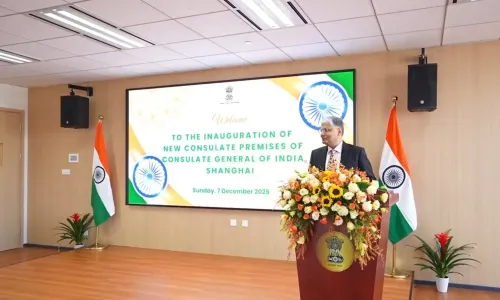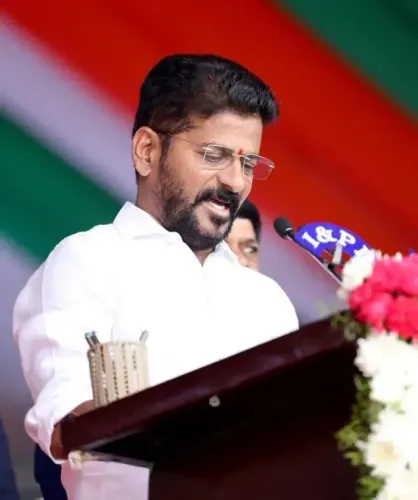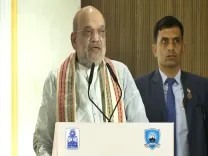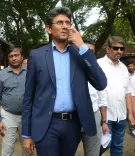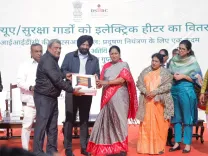Congress Leader Criticizes Central UCC Rollout
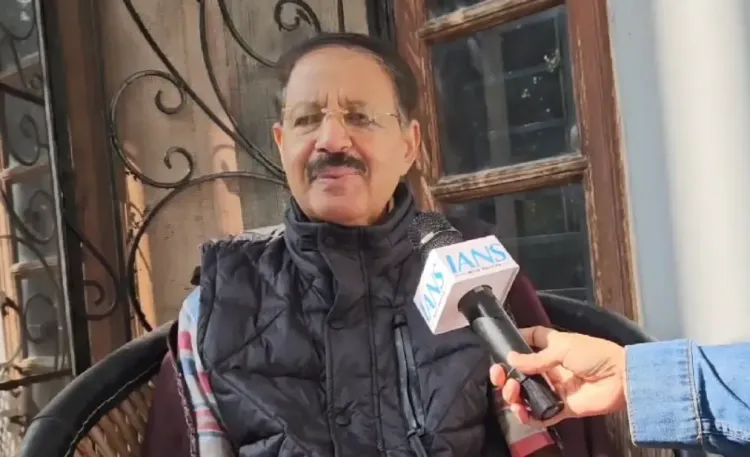
Synopsis
Key Takeaways
- Critique of UCC in Goa
- Call for stakeholder involvement
- Concerns over minority rights
- Planned madrasa initiative criticized
- Questioning government transparency
New Delhi, Jan 20 (NationPress) Congress leader Rashi Alvi on Monday criticized the Centre and the Uttarakhand government regarding the planned implementation of the Uniform Civil Code (UCC), asserting that it is not just discriminatory and biased against a particular community but will also disincentivize minorities.
In an interview with IANS, Alvi stated that such unilateral actions only serve to undermine communal and social harmony and urged that the perspectives of all stakeholders be considered before the scheme is enacted.
He pointed to the example of Goa, the only state currently with a UCC law, describing it as a partisan and prejudiced law, which grants certain advantages to Hindu men over their Muslim and Christian counterparts.
Alvi further questioned the government's position on the UCC, stating, "The dialogue surrounding the UCC has been ongoing for quite some time, yet we remain unclear about the Central Government's actual intentions. It has been put into practice in Goa, and Uttarakhand is set to follow suit. So why not establish it as a nationwide regulation? The government ought to involve all political parties in the discussion."
He highlighted specific elements of the UCC in Goa, where, according to him, Hindu men are allowed to remarry if their wives cannot conceive, a privilege not extended to Muslim or Christian women.
He added, "What sort of Uniform Civil Code is this? Article 44 states that the government should strive to implement a UCC, but it does not require its compulsory enforcement. The government should engage with minorities and other political factions before progressing further."
The Congress leader also condemned the recent decision by the Uttarakhand Waqf Board to establish 'model madrassas' in the state, labeling the initiative as 'unconstitutional' and a violation of minority rights.
“Minorities are entitled to establish their own madrassas, schools, and colleges, and to provide religious education. This is a religious entitlement. What is unfolding now is a form of dictatorship. If you wield power, you can exert pressure, but this is unconstitutional,” Alvi remarked.
Interestingly, the Uttarakhand Waqf Board had recently unveiled plans to launch the state's first modern madrasa, scheduled to open in March 2025. This madrasa will offer an NCERT-based curriculum covering subjects like science and mathematics, in addition to traditional Quranic studies. Constructed at a cost of Rs 50 lakh, the madrasa will feature modern facilities, including smart classrooms and a unified dress code for students. It is anticipated that Uttarakhand Chief Minister Pushkar Singh Dhami will inaugurate it on April 1, 2025.



